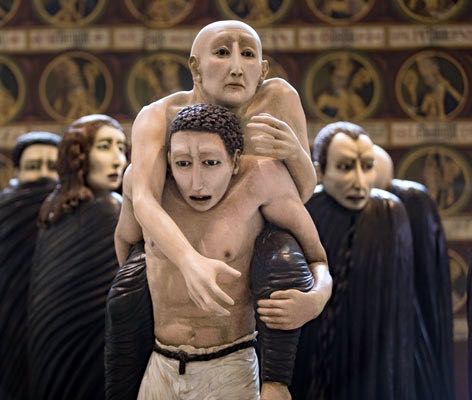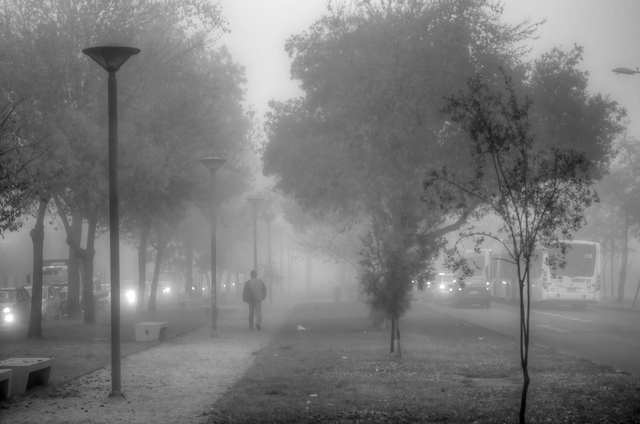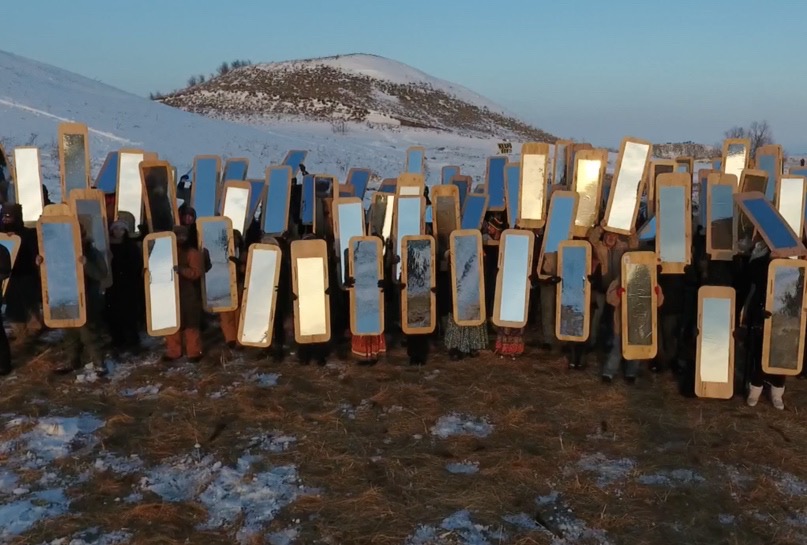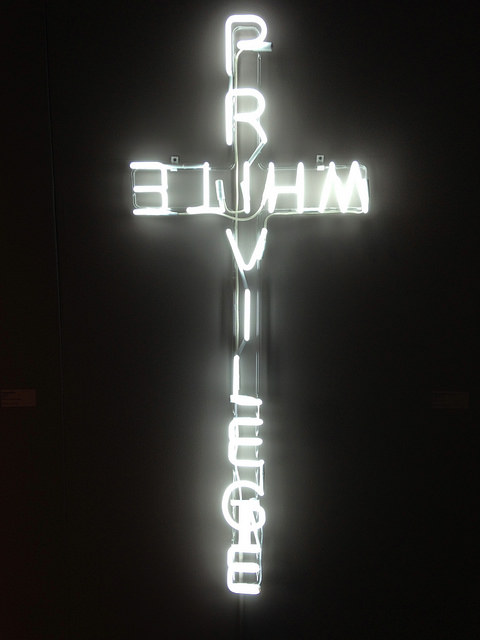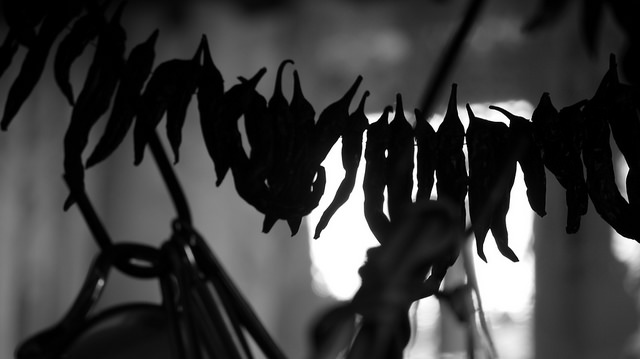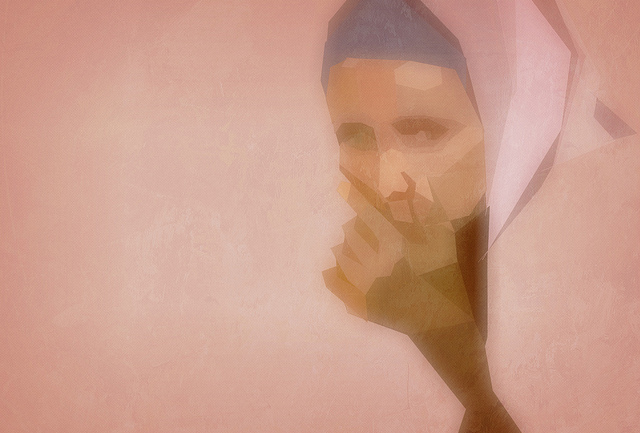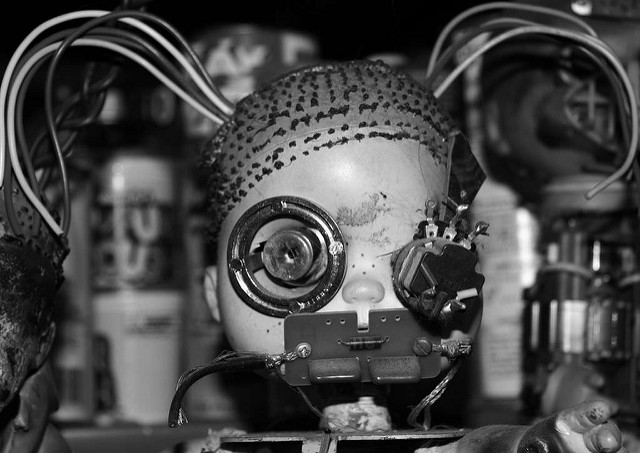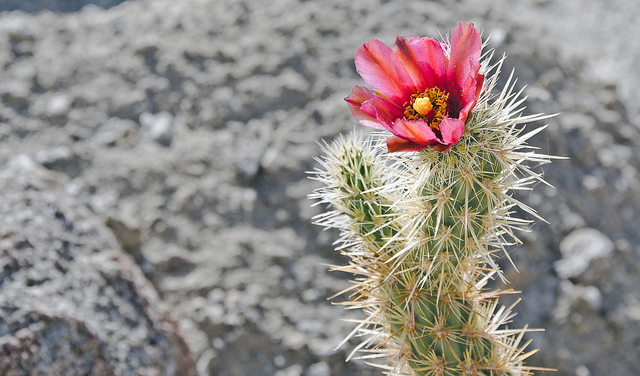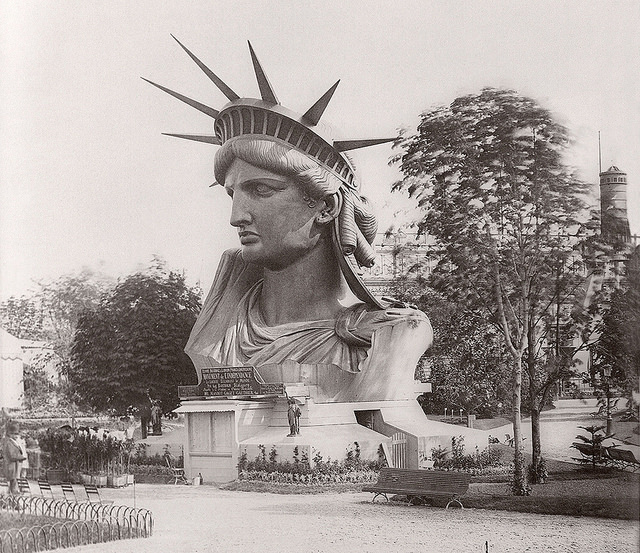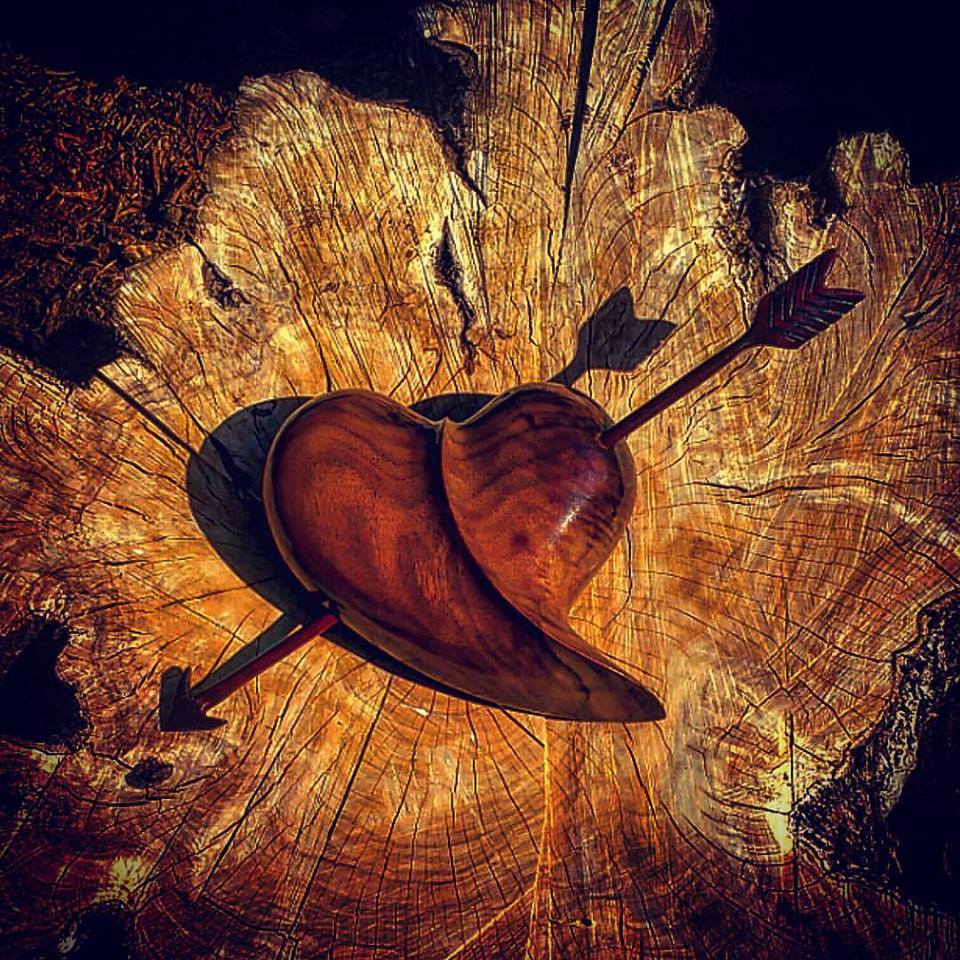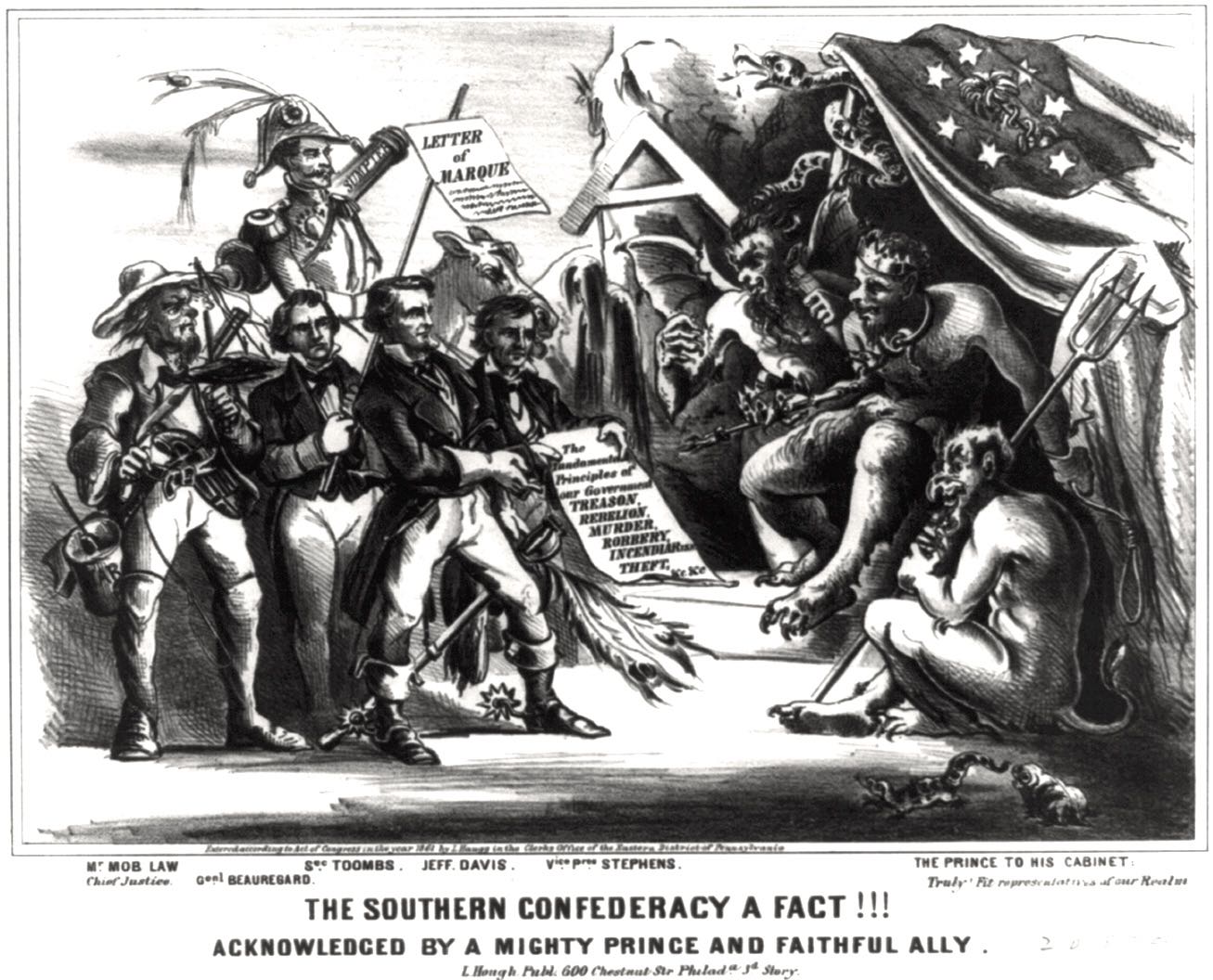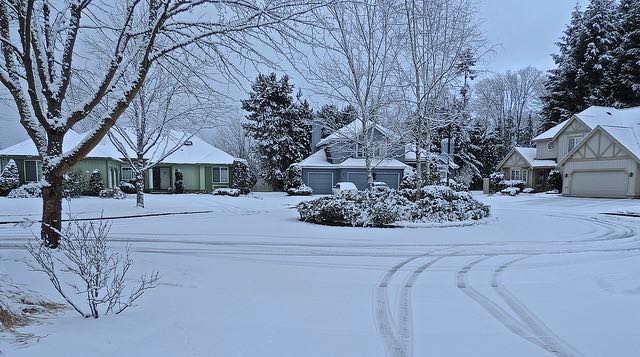İblis döl salıbdı, Şeytan bələkdə / The devil gave birth, and now Satan is in diapers
[fusion_builder_container hundred_percent=”no” equal_height_columns=”no” menu_anchor=”” hide_on_mobile=”small-visibility,medium-visibility,large-visibility” class=”” id=”” background_color=”” background_image=”” background_position=”center center” background_repeat=”no-repeat” fade=”no” background_parallax=”none” enable_mobile=”no” parallax_speed=”0.3″ video_mp4=”” video_webm=”” video_ogv=”” video_url=”” video_aspect_ratio=”16:9″ video_loop=”yes” video_mute=”yes” video_preview_image=”” border_size=”” border_color=”” border_style=”solid” margin_top=”” margin_bottom=”” padding_top=”” padding_right=”” padding_bottom=”” padding_left=””][fusion_builder_row][fusion_builder_column type=”1_2″ layout=”1_2″ spacing=”” center_content=”no” hover_type=”none” link=”” min_height=”” hide_on_mobile=”small-visibility,medium-visibility,large-visibility” class=”” id=”” background_color=”” background_image=”” background_position=”left top” background_repeat=”no-repeat” border_size=”0″ border_color=”” border_style=”solid” border_position=”all” padding=”” dimension_margin=”” animation_type=”” animation_direction=”left” animation_speed=”0.3″ animation_offset=”” last=”no”][fusion_text]
By Mirza Sakit
İblis döl salıbdı, Şeytan bələkdə,
Şərlənən məmləkət yıxılmaqdadı
Altun qolbağılar əyri biləkdə,
Düz bilək qandalda sıxılmaqdadı
Abır da gözləyib çəkdin pərdəni,
Halal buğda əkdin, indi ver dəni
Oğrunun əliylə “Şöhrət” ordeni,
Namərd yaxasına taxılmaqdadı
Dədəsin gizlədən buzda xəlvəti,
Sən də gözləyirsən ondan mürvəti
Tanrının verdiyi Xalqın sərvəti,
Sırtılmış üzlərə yaxılmaqdadı
Mirzə söylədikcə dürüst kəlməsin,
Deyirlər qürbətdən durub gəlməsin
Həqiqət danışan, haqq deyən kəsin,
Başına güllələr çaxılmaqdadı…
Mirza Sakit is an Azerbaijani poet, writer, journalist and satirist. While working for the newspaper Azadliq, he was arrested for his anti-government writing and imprisoned for three years in Azerbaijan. His arrest caused an uproar in the international writers community and among numerous human rights organizations, including PEN America. He was granted asylum by Belgium, and now lives and writes there. He’s the author of four books, critical of the Azerbaijani authoritarian regime.
[/fusion_text][/fusion_builder_column][fusion_builder_column type=”1_2″ layout=”1_2″ spacing=”” center_content=”no” hover_type=”none” link=”” min_height=”” hide_on_mobile=”small-visibility,medium-visibility,large-visibility” class=”” id=”” background_color=”” background_image=”” background_position=”left top” background_repeat=”no-repeat” border_size=”0″ border_color=”” border_style=”solid” border_position=”all” padding=”” dimension_margin=”” animation_type=”” animation_direction=”left” animation_speed=”0.3″ animation_offset=”” last=”no”][fusion_text]
English translation by Murad Jalilov and Kevin Rabas
The devil gave birth to Satan, a sign
that this slandered country is about to fall.
Golden bracelets hang from crooked wrists,
and metal handcuffs tighten around righteous wrists.
You closed the curtains to preserve your dignity.
You planted the seeds, and now let us harvest the grain.
But, with the hands of a thief, you hang the medal of “honor”
on the chest of the unkind.
You hide your father in ice, keep him frozen,
wishing his immortality,
while the God-given wealth of our nation
stains bent faces.
Whenever I speak up honestly,
I am told to stay in exile.
Anyone in their right mind
is shot in the head.
Murad Jalilov has recently graduated with BAs in English and Political Science at Emporia State University and is a graduate student in the MA program in Russian and Eastern European Studies at University of Oregon. He has poems published in Quivira and is active in his literary community. He is fluent is Russian, Azerbaijani, Turkish, and English.
Kevin Rabas, Poet Laureate of Kansas (2017-2019), teaches at Emporia State University, where he leads the poetry and playwriting tracks. He has seven books, including Lisa’s Flying Electric Piano, a Kansas Notable Book and Nelson Poetry Book Award winner.
[/fusion_text][/fusion_builder_column][/fusion_builder_row][/fusion_builder_container][fusion_builder_container hundred_percent=”no” equal_height_columns=”no” menu_anchor=”” hide_on_mobile=”small-visibility,medium-visibility,large-visibility” class=”” id=”” background_color=”” background_image=”” background_position=”center center” background_repeat=”no-repeat” fade=”no” background_parallax=”none” enable_mobile=”no” parallax_speed=”0.3″ video_mp4=”” video_webm=”” video_ogv=”” video_url=”” video_aspect_ratio=”16:9″ video_loop=”yes” video_mute=”yes” video_preview_image=”” border_size=”” border_color=”” border_style=”solid” margin_top=”” margin_bottom=”” padding_top=”” padding_right=”” padding_bottom=”” padding_left=””][fusion_builder_row][fusion_builder_column type=”1_1″ layout=”1_1″ spacing=”” center_content=”no” hover_type=”none” link=”” min_height=”” hide_on_mobile=”small-visibility,medium-visibility,large-visibility” class=”” id=”” background_color=”” background_image=”” background_position=”left top” background_repeat=”no-repeat” border_size=”0″ border_color=”” border_style=”solid” border_position=”all” padding=”” dimension_margin=”” animation_type=”” animation_direction=”left” animation_speed=”0.3″ animation_offset=”” last=”no”][fusion_text]
Photo credit: Segment of the sculpture “Shadows of the Wanderer” by Brazilian artist Ana Maria Pacheco.
[/fusion_text][/fusion_builder_column][/fusion_builder_row][/fusion_builder_container]

